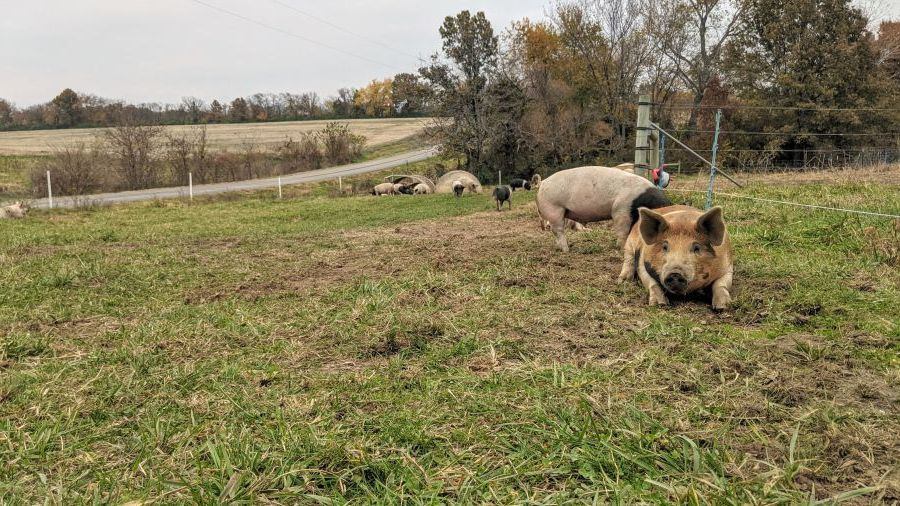Why You Need More Animal Fats In Your Diet
posted on
August 9, 2023

Today, I want to shed light on a commonly misunderstood and undervalued aspect of our diet - animal fats.
Over the past 100 years, animal fats have been vilified by poor scientific research and a food industry that has everything to gain from highly-processed foods.
But the truth is that you need animal fats in your diet. They are essential to a healthy balanced diet that is also environmentally sustainable. Here's why:
1. Vital Nutrients: Animal fats provide us with essential nutrients like fat-soluble vitamins (A, D, E, and K), which play a crucial role in various bodily functions.
FUN FACT: When your skin is exposed to sunlight, it manufactures vitamin D from cholesterol. And guess what... the best cholesterol also comes from animal fats! ☀
2. Satiety and Flavor: Animal fats add those rich and satisfying flavors to our food. They also contribute to a feeling of fullness, reducing the tendency to overeat and aiding in weight management.
3. Healthy Cell Function: Our body's cell membranes require healthy fats for proper functioning. Animal fats, being a source of saturated and monounsaturated fats, help maintain cell integrity and facilitate nutrient absorption.
4. Hormone Regulation: Fats are the building blocks of hormones. Consuming animal fats helps you maintain hormonal balance, benefiting various bodily processes, including metabolism and mood regulation.
5. Brain Health: The brain is composed of approximately 60% fat. Animal fats contain omega-3 fatty acids, such as DHA and EPA, which are crucial for brain development, cognition, and mental well-being.
6. Nose-to-Tail Eating: Some pieces of meat are regularly thrown out because there is no demand for them. By incorporating balanced amounts of animal fats into our diet, we advocate for a healthier food system and honor the animal by wasting nothing.
Make sure you are getting your animal fats from pasture-raised animals if you can. Fat from animals raised with a healthier, more diverse diet will have a higher nutrient content.
Now I'm not suggesting that you start eating lard, tallow, or butter by the spoonful, although you should definitely be consuming at least one of those superfoods regularly.
The easiest way to start getting more fat in your diet is by eating cuts of meat that offer a healthy serving of fat (and come from healthy pasture-raised livestock!)
Luckily for you, we have many cuts of pasture-raised meat with balanced amounts of fat, as well as organ meats and bones that offer many of the same benefits.
Here are a few of my favorite cuts of meat that offer both healthy servings of fat and amazing flavor:
Beef Osso Bucco (Beef Shank)
Pork Sausage
Pork Shoulder (Roast/Steaks)
Chicken Thighs
Chicken or Beef Broth
I wish you the best of luck on your health journey and want you to know that we're happy to help however we can.
Place your order before the cutoff to get delicious, pasture-raised meats delivered to your door this week.



